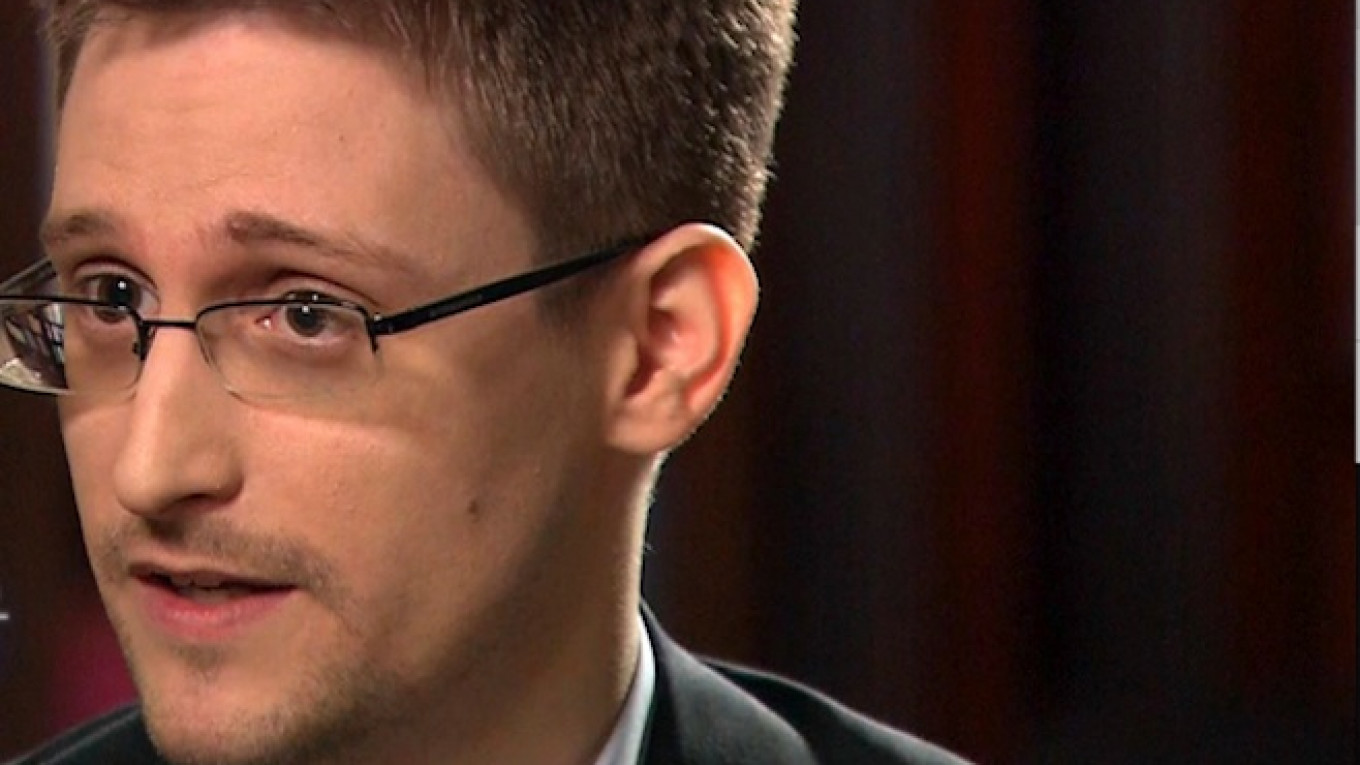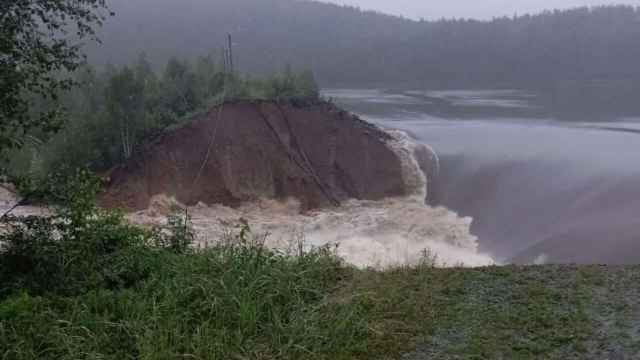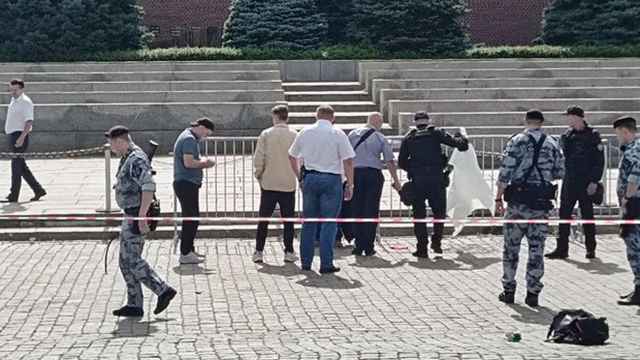U.S intelligence leaker Edward Snowden has told a U.S. television interviewer he is not under the control of the Russian government and has given Moscow no intelligence documents after nearly a year of asylum here.
"I have no relationship with the Russian government at all," Snowden said in an interview with NBC News, his first with a U.S. television network. "I'm not supported by the Russian government. I'm not taking money from the Russian government. I'm not a spy."
The remarks by Snowden, whose leaks about highly classified U.S. surveillance programs shook the NSA and prompted limited reforms by President Barack Obama, were his most extensive to date on his relations with his host government.
Current and former U.S. intelligence officials have said it is unlikely Russian security services have not squeezed Snowden for secrets.
"I think he is now being manipulated by Russian intelligence," former NSA director Keith Alexander said last month.
But Snowden, who said he wants to return to the U.S., said he destroyed classified materials before transiting to Sheremetyevo Airport, where he was prevented from onward travel.
"I took nothing to Russia, so I could give them nothing," he told NBC's Brian Williams in the hour-long interview.
Later in the interview, Snowden briefly criticized the crackdown on freedom of expression under Russian President Vladimir Putin.
Casting himself as a defender of privacy and civil liberties, he deemed it "frustrating" to "end up stuck in a place where those rights are being challenged in ways that I would consider deeply unfair."
Snowden, who fled to Hong Kong and then Moscow last year, is believed to have accessed about 1.5 million secret documents, U.S. officials have said, although how many he actually took is unclear. The leaked documents revealed massive programs run by the NSA that gathered information on emails, phone calls and Internet use including, in many cases, by Americans.
He was charged last year in the U.S. with theft of government property, unauthorized communication of national defense information and willful communication of classified intelligence to an unauthorized person.
"If I could go anywhere in the world, that place would be home," Snowden said.
U.S. officials said he was welcome to return to the U.S. if he wanted to face justice for leaking details of massive U.S. intelligence-gathering programs.
U.S. Secretary of State John Kerry invited Snowden to "man up and come back to the U.S."
"The bottom line is this is a man who has betrayed his country, who is sitting in Russia, an authoritarian country where he has taken refuge," Kerry told the CBS "This Morning" program on Wednesday.
Snowden made clear he would not return to the U.S. and hope for the best. He said he would not simply "walk into a jail cell," and that if his one-year asylum in Russia, which expires on Aug. 1, "looks like it's going to run out, then of course I would apply for an extension."
Ben Wizner, a lawyer for the American Civil Liberties Union and legal adviser to Snowden, responded to Kerry's comments by saying it would be impossible for Snowdon to argue that his disclosures had served the common good if he returned home to face the current Espionage Act charges, Britain's The Guardian newspaper reported.
He also said Snowden would run the risk of facing numerous additional charges for each document that has been published.
"The exposure that he faces is virtually unlimited under this," Wizner said.
In one odd moment in the NBC interview, Snowden expressed sympathy for working-level NSA employees who have been castigated as a result of his leaks.
"People have demonized the NSA to a point that's too extreme," he said, adding that the problem is with senior-level officials who expand their surveillance powers without public debate.
A Message from The Moscow Times:
Dear readers,
We are facing unprecedented challenges. Russia's Prosecutor General's Office has designated The Moscow Times as an "undesirable" organization, criminalizing our work and putting our staff at risk of prosecution. This follows our earlier unjust labeling as a "foreign agent."
These actions are direct attempts to silence independent journalism in Russia. The authorities claim our work "discredits the decisions of the Russian leadership." We see things differently: we strive to provide accurate, unbiased reporting on Russia.
We, the journalists of The Moscow Times, refuse to be silenced. But to continue our work, we need your help.
Your support, no matter how small, makes a world of difference. If you can, please support us monthly starting from just $2. It's quick to set up, and every contribution makes a significant impact.
By supporting The Moscow Times, you're defending open, independent journalism in the face of repression. Thank you for standing with us.
Remind me later.







